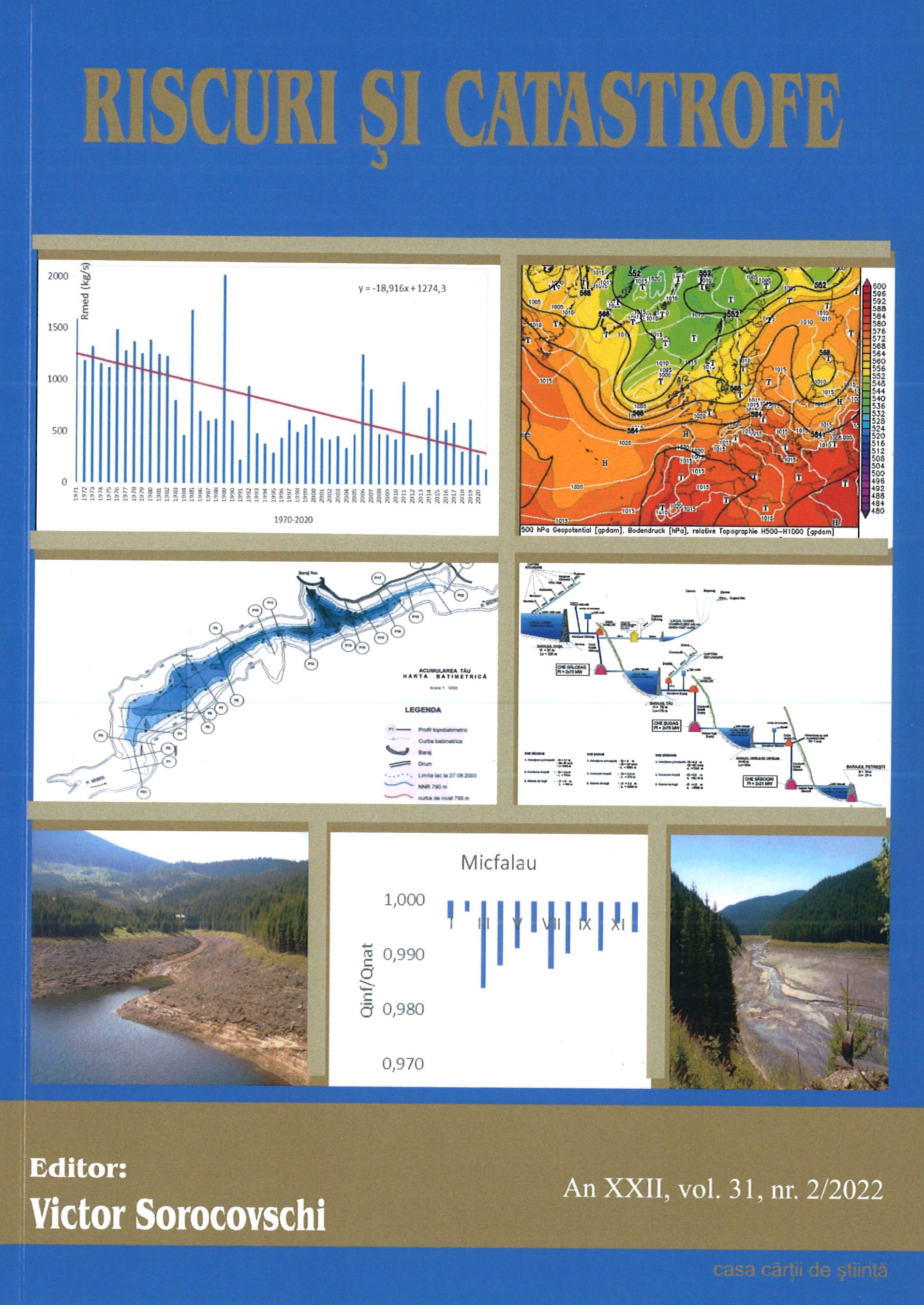Indigenous Knowledge of Rural Women in Forest Resources Utilization and Conservation in Agoi-Ibami and Agoi-Ekpo, Yakurr Local Government Area, Cross River State, Nigeria
Indigenous Knowledge of Rural Women in Forest Resources Utilization and Conservation in Agoi-Ibami and Agoi-Ekpo, Yakurr Local Government Area, Cross River State, Nigeria
Author(s): Egbe Anoyom Robert, Ebu Vincent Tawo, EKPOTO DAVID FRANCISSubject(s): Geography, Regional studies, Human Geography, Regional Geography, Applied Geography
Published by: Editura Casa Cărții de Știință
Keywords: Indigenous knowledge;rural women;local communities;forestresources;tilization;conservation;culture, management;products;sustainability;
Summary/Abstract: This study was aimed at assessing the indigenous knowledge of rural women in forest resources conservation in Agoi-ekpo and Agoi-ibami in Yakurr Local Government Area of Cross River State, Nigeria. The objective of the study is: To examine the extent to which indigenous knowledge of rural women have influenced forest resources utilization and conservation. The sampling techniques used for the study are purposive and systematic in the selection of settlements. Purposive sampling was adopted because it was the researcher’s deliberate intention to choose the rural communities in Yakurr L.G.A. that have direct interface with the Forest Reserves and are involved in the use and management of forest resources. While the systematic sampling was used to select rural women households at fixed intervals. The research findings revealed that a significant percent (71.2%) of the rural women were involved in the harvesting of forest resources. The study also showed that different quantities of edible leaves, fruits, snails, and medicinal herbs were collected by rural women for varying purposes. It further showed that these forest resources were harvested at varying frequencies and that they generate income to the rural women. The main forest resources conserved as revealed by the study included afang, atama, editan, bush mango, and hot leaf because of the high exploitation. Restrictions on the felling and uprooting of plants as well as ban on exploitation were the two prominent ways of forest resources conservation. Pearson’s correlation result indicated a positive and significant association between indigenous practices of rural women and forest resources utilization and conservation. It also showed that problems encountered in the collection of forest resources did not vary by the ages of rural women. In order to control unwanted exploitation of forest resources as well ensure the availability for the future, local communities should set-up forest guards or vigilante to control the quantity of edible forest resources that will be harvested from the forest.
Journal: REVISTA RISCURI SI CATASTROFE
- Issue Year: 31/2022
- Issue No: 2
- Page Range: 55-80
- Page Count: 26
- Language: English

